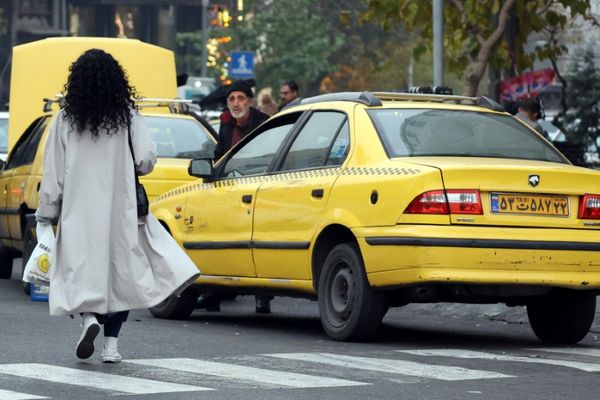
The BBC has apologised to the parents of a young person who made a complaint about the suspended BBC presenter Huw Edwards, admitting it should have acted more quickly.
The corporation launched a review into its complaints procedure after the scandal in July last year.
Edwards has not made any public statement since he was named as the BBC presenter accused of a string of allegations, including paying a 17-year-old for sexually explicit photos for several years since 2020.
The veteran news anchor was named in a statement released by his wife, which said he was suffering from “serious mental health issues” and, after the controversy emerged, had received inpatient hospital care after suffering from a “serious episode”.She said he would “respond to the stories that have been published when he was well enough to do so”.
On Tuesday Leigh Tavaziva, BBC group chief operating officer, said the report had identified “specific process shortcomings” in the complaint made to the corporation about Edwards. “The initial complaint in this case was not escalated quickly enough to senior management and we have apologised to the complainant for this,” she said.
A separate internal workplace investigation that will consider whether Edwards – who presented the BBC’s News at Ten for two decades and fronted its coverage of major events such as the death of Queen Elizabeth II – brought the broadcaster into disrepute is thought to be ongoing.
The BBC said it would bolster its procedures for dealing with non-editorial complaints after a review – carried out by Deloitte partner Simon Cuerden – found that while the BBC had the policies, procedures and knowhow about how to deal with the most serious complaints there was a “clear need for greater consistency across the BBC”.
The report found that the complaint was made at “a BBC location in Cardiff on 18 May”, but while the BBC’s corporate investigations team sought to make contact with the complainant the case was not “escalated” and the case not logged in the BBC system at the time “meaning that there was no opportunity for wider visibility of the case within the BBC”.
It added that because of a lack of documented process for contact and follows-ups with the complainant, when initial contact attempts were unsuccessful, the course of action was not clear.
The BBC said it had put in a new “escalation mechanism” to make sure this did not happen again.
The review also found that some employees said that they were “nervous” about raising complaints.
It stated: “These employees said they have lower levels of confidence in how robustly the complaint will be handled if it is a grievance relating to another member of staff or talent, particularly where there is an actual or perceived power discrepancy between the complainant and the subject of the complaint.”
The review was sparked after the Sun reported last July that “a well-known presenter” had given a 20-year-old crack cocaine user “more than £35,000 since they were 17 in return for sordid images”.
The parents of the young person said a complaint made to the BBC was ignored in May last year. The BBC acknowledged the complaint had been made in May and was assessed by the corporate investigations team, but the BBC boss, Tim Davie, said at that point there was no “allegation of criminality”.
A lawyer for the person, now in their early 20s, said in a letter to the BBC in July that the allegations were “rubbish” and insisted “nothing inappropriate” had happened.
The lawyer said: “For the avoidance of doubt, nothing inappropriate or unlawful has taken place between our client and the BBC personality and the allegations reported in The Sun newspaper are rubbish.”
The BBC previously said it immediately emailed the complainant – a family member – seeking more information but did not get a response. A follow-up call was made on 6 June but it did not connect, the BBC said.
The BBC said that it had received “new allegations” on 6 July, which was the first time the director general or any executive directors were “made aware” of the claims at which point they took the presenter off air. It initiated its serious case management framework (SCMF) on 7 July and suspended the presenter on 9 July.







